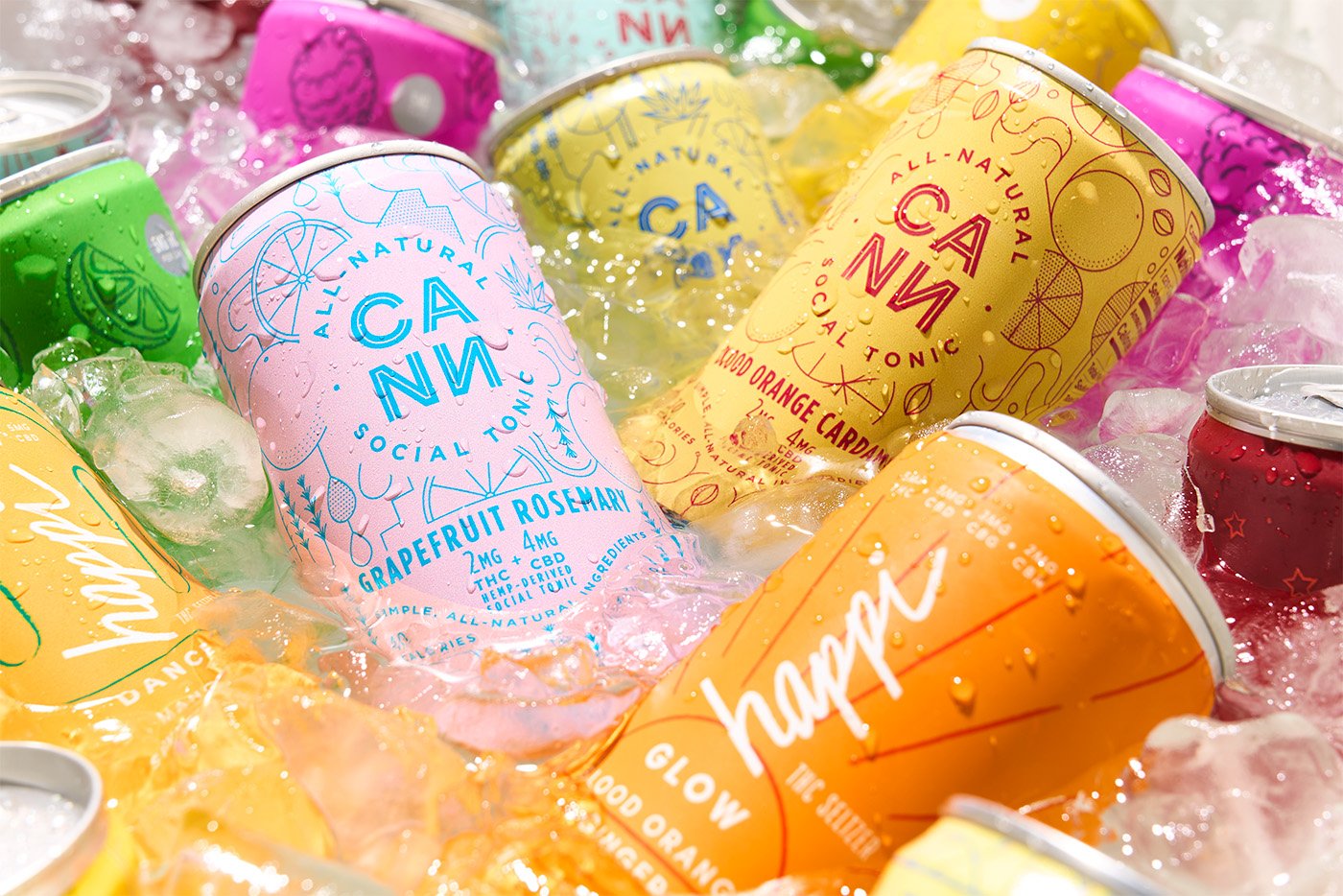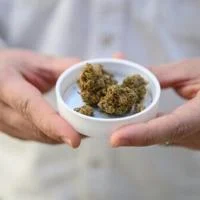The cannabis beverage market is rapidly expanding, particularly for hemp-derived products. The 2018 Farm Bill allows THC-infused drinks made from hemp to be produced and sold widely, often facing fewer restrictions than those derived from marijuana. This legal framework has opened up opportunities for cannabis brands to enter the beverage space, especially as consumer interest rises for alternatives to traditional alcohol.
According to Brightfield Group, a consumer research firm, the limited availability of adult-use cannabis is pushing consumers towards hemp-based options. Major distributors are increasingly offering these products in convenience stores, smoke shops, and liquor retailers. Social listening data also indicates that more women are discussing their use of hemp-derived products for health concerns, such as menopause and premenstrual syndrome, presenting a strategic target for beverage brands.
Several established cannabis companies are now launching hemp-infused beverage lines. Brands like Uncle Arnie’s, Jones Soda Co., Ayrloom, and Wana Brands are entering this market segment. Cann, a company that previously focused on regulated cannabis products, switched to hemp in 2022 and has seen a remarkable 70% revenue increase within two years. Their products are available in liquor stores and online across thirty-five states.
Curaleaf, a major player in the cannabis industry, has opened a dedicated hemp storefront in Florida to market its Select-branded hemp-derived THC products. Edible Brands has also announced plans for a retail location in Atlanta focused on hemp-infused beverages. Additionally, DoorDash began delivering low-dose hemp THC products this year, indicating a growing market presence.
However, the beverage sector can be challenging; approximately 85% of new consumer packaged goods fail to sustain market presence. Success in this competitive arena requires brands to develop strong market strategies and understand consumer preferences. Standing out on crowded shelves is essential, as shoppers often decide quickly based on packaging and branding.
To successfully engage consumers, brands should avoid traditional stoner imagery and instead adopt attractive, lifestyle-oriented branding. For instance, Cycling Frog uses a playful logo of a frog on a tricycle, while Flyers offers flavors inspired by classic cocktails. Brands must also consider how consumers plan to use their products at different times of day, tailoring their offerings accordingly. For example, the brand Happi has created distinct products for various occasions, such as Happi Dance, which contains THCV for focus, and Happi Nightcap, which includes CBN and reishi mushrooms to promote sleep.
Packaging plays a vital role in education and engagement. Brands like Cann and Wynk use clever messaging to signal when and where to consume their products, helping to demystify THC for new users. Clear labeling and approachable product formats can bridge the gap for consumers uncertain about THC.
Consumer hesitance often stems from confusion regarding legality and dosing. To combat this, brands should introduce products with familiar flavors and straightforward dosing, typically between 2.5 to 10 milligrams of THC per container. Happi’s small, eight-ounce cans appeal to its target demographic, which consists largely of women aged thirty-five to fifty-five.
Manufacturing decisions also impact market entry strategies. Many infused beverages are seltzer-based due to the lower production costs, but there is a demand for a wider variety of products, such as infused coffees and teas. Brands must ensure their manufacturing partners can meet specific production requirements and scalability.
Direct-to-consumer (D2C) sales have emerged as an effective strategy for new brands, allowing them to build a customer base before entering traditional retail. Happi launched its product line through D2C and gained 80,000 subscribers, which facilitated its expansion into retail stores.
As brands seek to secure shelf space in stores, they must demonstrate strong sales histories and marketing strategies. Retailers often prioritize products that generate buzz and foot traffic. Engaging in promotions and providing samples can help new products gain traction.
The convenience store sector presents a notable opportunity for hemp-THC beverages. With approximately 152,000 convenience stores in the U.S. and a significant portion willing to experiment with new products, this channel could be pivotal for market penetration.
Despite the emerging opportunities, legal uncertainties surrounding hemp-derived THC beverages vary by state, complicating brand operations. Some states impose strict testing and labeling requirements, which brands must navigate carefully to succeed in this evolving market.



